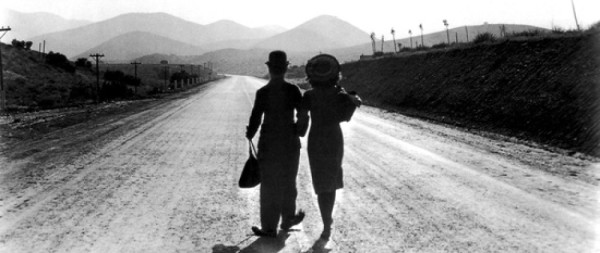Sitting Pretty
Directed by Walter Lang
Written by F. Hugh Herbert from a novel by Gwen Davenport
1948/USA
Twentieth Century Fox Film Corporation
First viewing/Amazon Instant
Tacey King: Mr. Belvedere, is there anything you haven’t been?
Lynn Belvedere: Yes, Mrs. King – I’ve never been an idler or a parasite.
I would watch Clifton Webb in anything. He is hilarious here.
Lawyer Harry King (Robert Young) and his wife Tacey (Maureen O’Hara) have three rambunctious boys under age 8. The youngest is about two. One fine day, the kids become too much for the housekeeper and she walks out.
Tacey places an ad for a live-in babysitter and is delighted when Lynn Belvedere responds. She seems perfect for the job and Tacey hires her via letter and telegram. The couple is flabbergasted to discover that Lynn (Webb) is a man. Not that anyone would ever dare call him anything but Mr. Belvedere.
Mr. Belvedere announces at the outset that he hates children but is fully competent to care for them. He has accepted the job in order to have a place to stay while he practices his profession. When asked what his profession is, he can only respond “I am a genius.” He is also a vegetarian that practices yoga headstands in his room and expects breakfast at seven.
To everyone’s surprise, Mr. Belvedere proves to be a jewel. Despite his brand of stern discipline the children all love him. It seems that he is an expert in everything from fixing the refrigerator to first aid. There is a story that has something to do with the town gossip spreading rumors about Belvedere and Tacey but the fun of the movie is mostly watching Mr. Belvedere do his thing. With Richard Haydn as the nosy neighbor and Ed Begley as Harry’s boss.
Without Clifton Webb, this movie would look a lot like a 50’s TV sitcom along the lines of “Father Knows Best”. But Webb brings such a deadpan conviction to his role that I could not help but laugh out loud repeatedly. His lines are all endless quotable. Recommended.
Clifton Webb was nominated for the Best Actor Oscar for his performance in Sitting Pretty.








